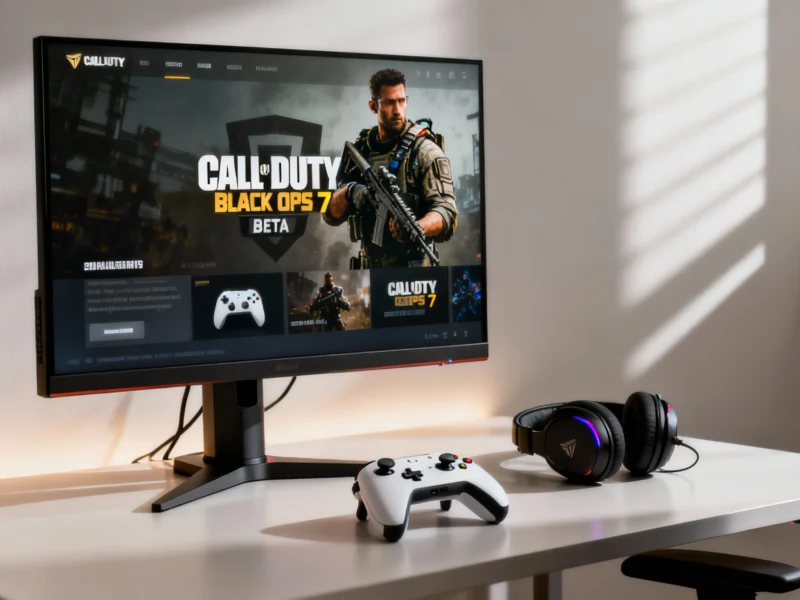A complete version of Ratchet & Clank: Clone Home, a canceled 2006 mobile game, has been recovered and preserved after a six-year community effort. YouTuber The Golden Bolt documented the successful extraction from an encrypted Sony Ericsson phone, revealing a fully playable Java game that had achieved mythical status among fans.
The Hunt for Gaming’s Holy Grail
The quest began in 2019 when The Golden Bolt’s investigation revealed Clone Home was more than just vaporware. Original developers confirmed the Java-based game was actually finished before cancellation. This sparked a dedicated preservation effort led by college students “Emily” and “Super Gamer Omega Clank,” who spent years tracking down potential copies.
The breakthrough came when the team located the game on a Sony Ericsson W880i, a device representative of the mid-2000s mobile gaming landscape. Despite initial encryption barriers that made extraction seem “hopeless” just weeks ago, the preservationists successfully cracked the phone’s security. Their achievement highlights the growing importance of community-driven game preservation, particularly for rapidly disappearing mobile game history.
Unexpected Origins and Corporate Mysteries
New evidence suggests Clone Home’s development history differs from initial assumptions. Rather than being created by Handheld Games—known for Ratchet & Clank: Going Mobile—The Golden Bolt’s research indicates JavaGround developed the title. JavaGround specialized in Sony’s final Java (J2ME) games during the pre-smartphone mobile gaming boom.
The game’s brief availability remains shrouded in mystery. Evidence suggests it may have been accidentally uploaded to mobile carriers like Cingular or Sprint for a limited time before being pulled. This accidental distribution would explain how a handful of users obtained the canceled game. The Golden Bolt speculates potential litigation between Sony and Handheld Games might have prompted the cancellation, though official records remain elusive.
Surprising Quality and Unique Gameplay
Early players report Clone Home exceeds expectations, offering better gameplay than its predecessor Going Mobile. The game features distinctive mechanics including the ability to play as two different Lombaxes—a series first—and introduces the “Ewezie” weapon that transforms enemies into sheep. These eccentric elements make it a unique entry in the 17-title Ratchet & Clank canon.
Game preservation experts emphasize the significance of recovering complete, playable versions of lost games. As the Video Game History Foundation notes, 87% of classic games are critically endangered. Clone Home’s recovery represents a major victory against this trend, preserving not just the game files but the context of mid-2000s mobile development practices and the Java gaming ecosystem that dominated the pre-iPhone era.
Preservation Triumph and Future Implications
The successful recovery demonstrates how dedicated fan communities can achieve what institutional efforts often miss. The six-year collaboration between content creators, developers, and preservationists created a blueprint for future recovery projects. As digital preservation faces increasing challenges, community-led initiatives become increasingly vital.
Clone Home now joins other recently recovered lost games like SimCity for NES in demonstrating preservation’s importance. The playable archive ensures this piece of gaming history won’t disappear entirely, providing researchers and fans access to a previously inaccessible chapter of Ratchet & Clank’s evolution and mid-2000s mobile gaming development.
References
- Sony Ericsson W880i Specifications – GSMArena
- The Video Game Preservation Crisis – Video Game History Foundation
- Global Mobile Phone Sales Statistics – Statista
- Ratchet & Clank Series Catalog – MobyGames
- Video Game History Foundation Preservation Efforts
- Digital Preservation Challenges – Video Game History Foundation



